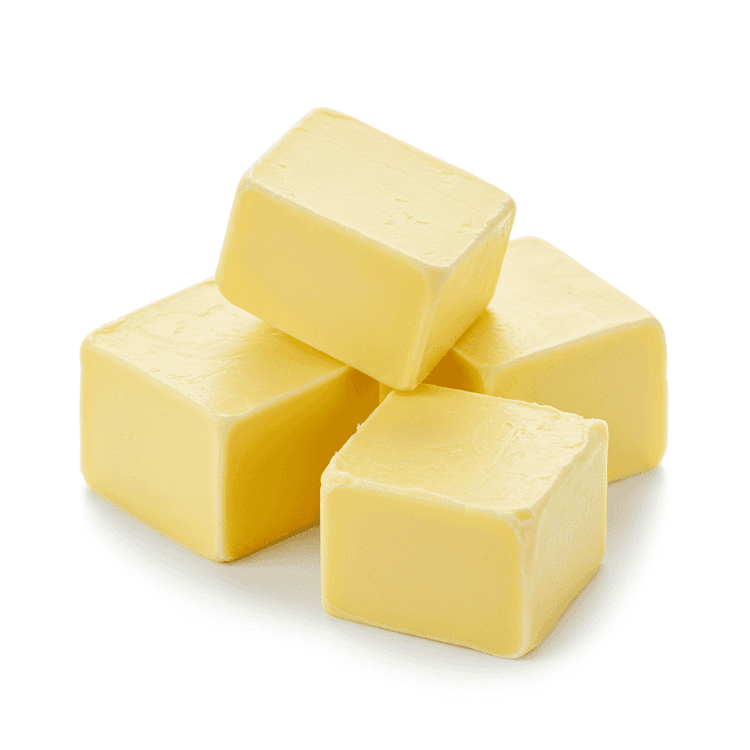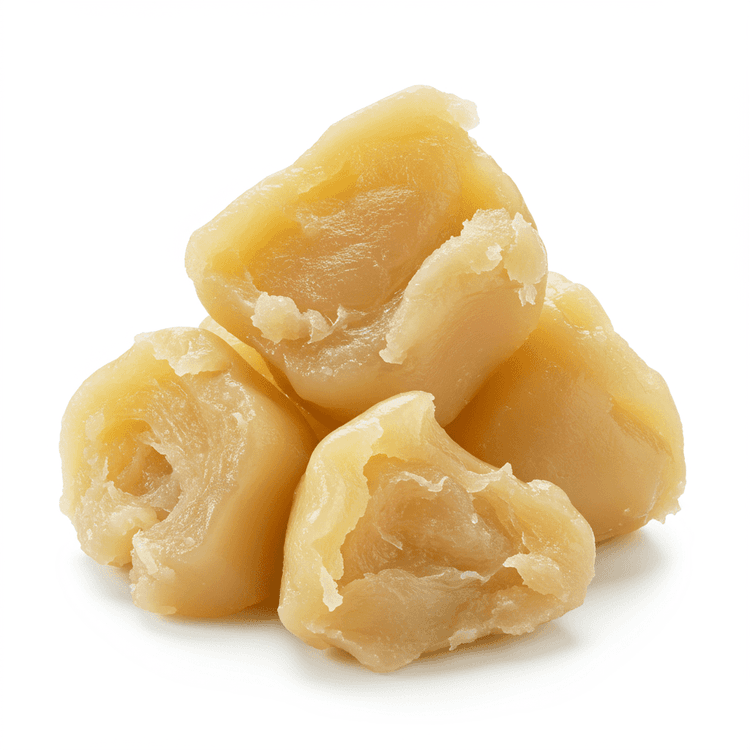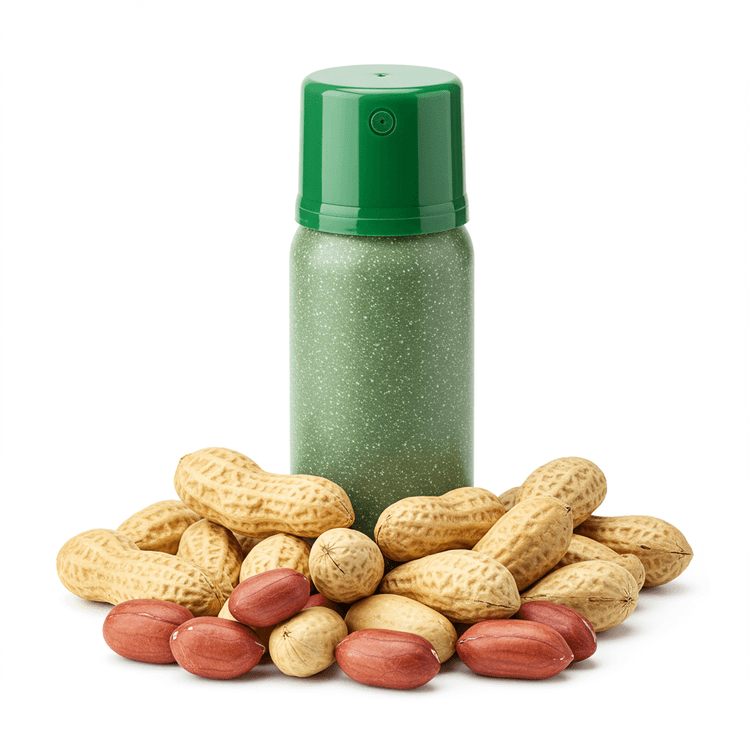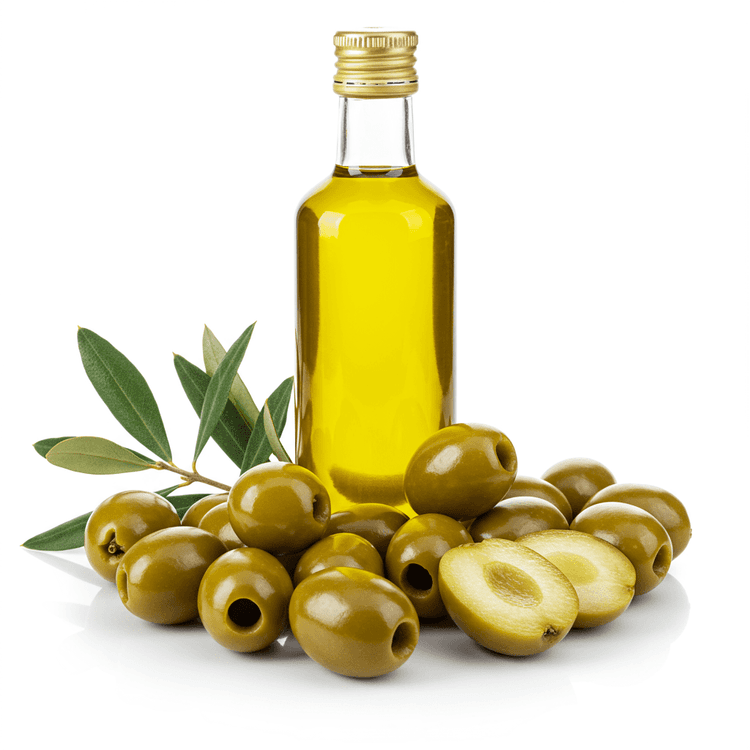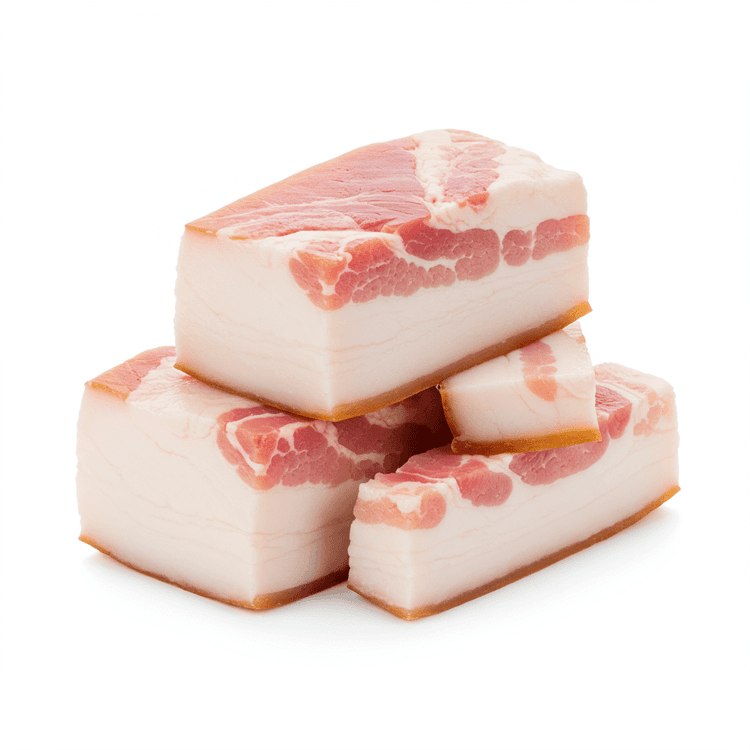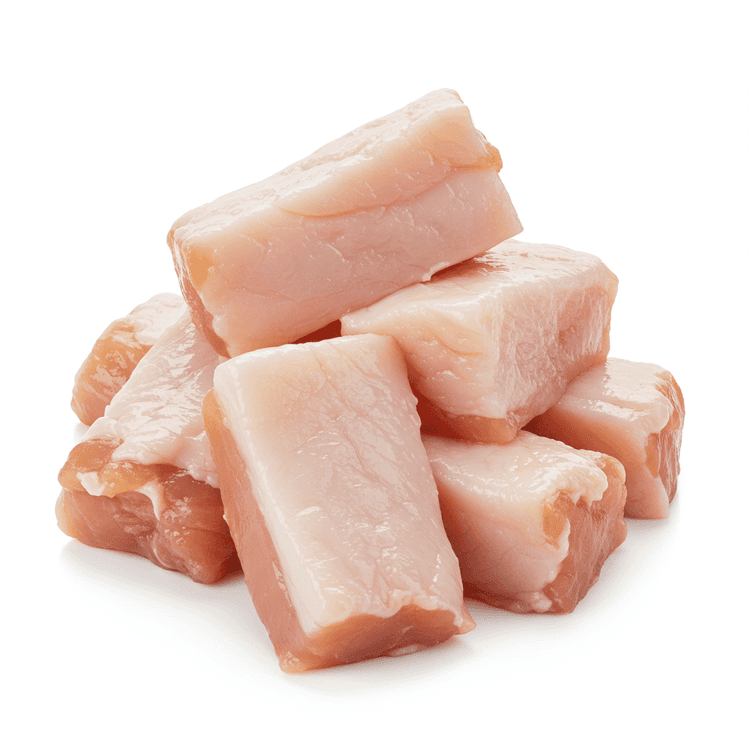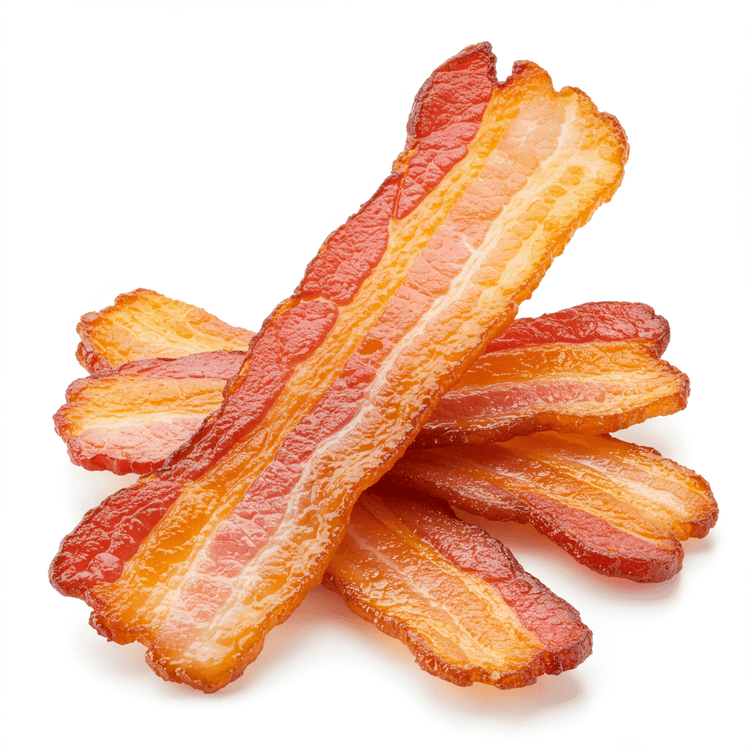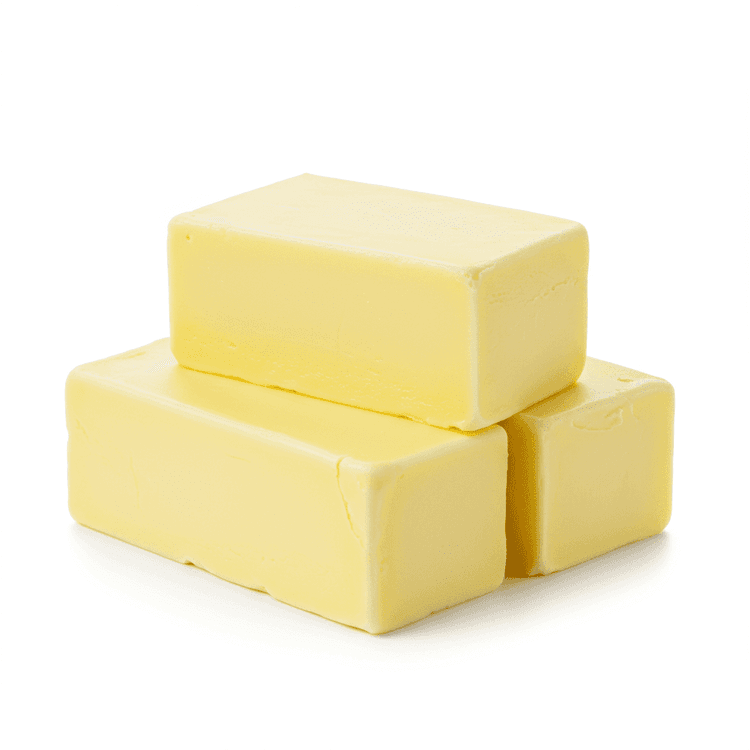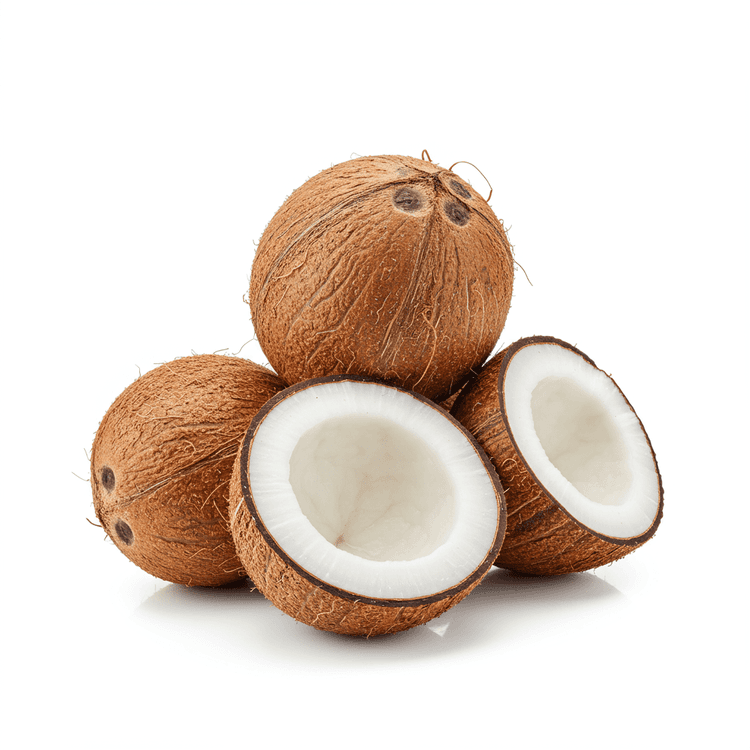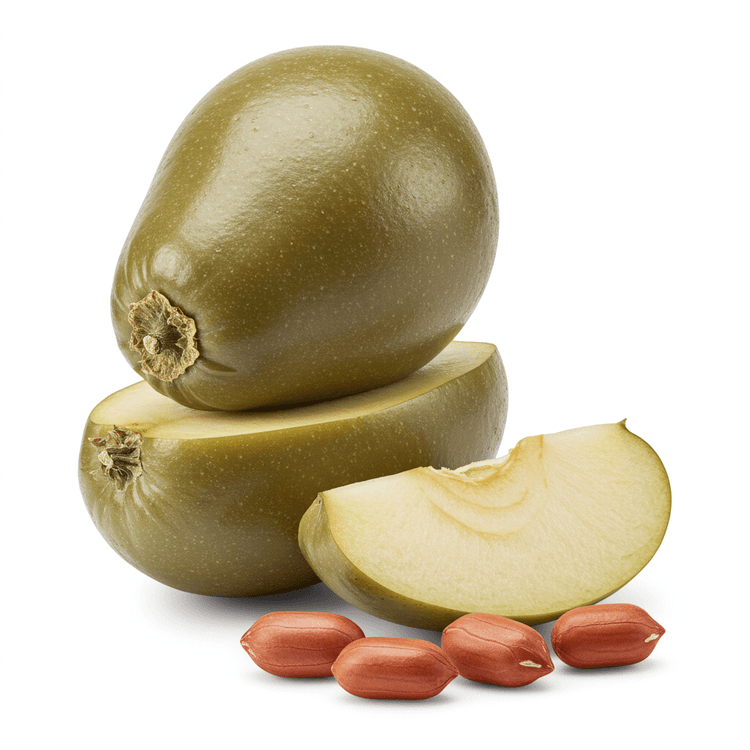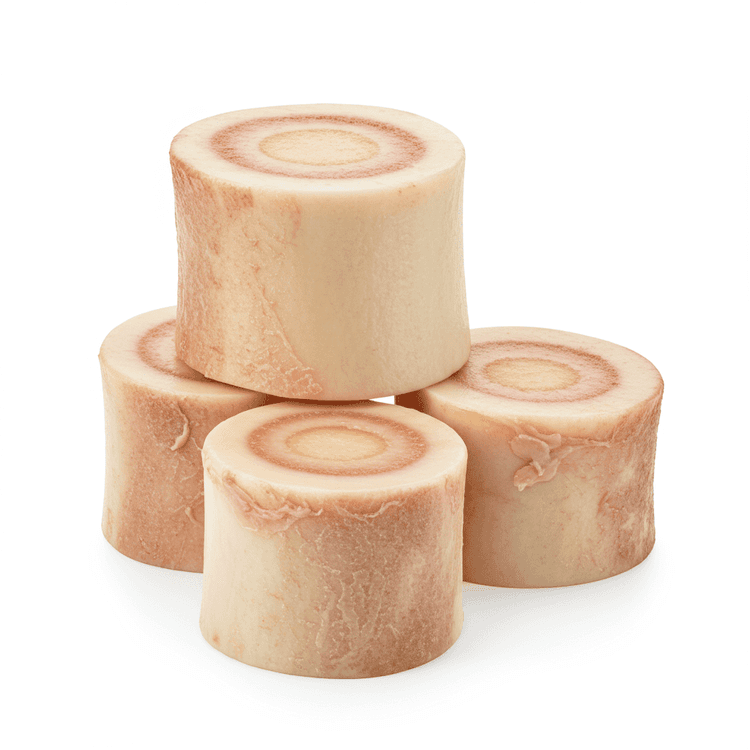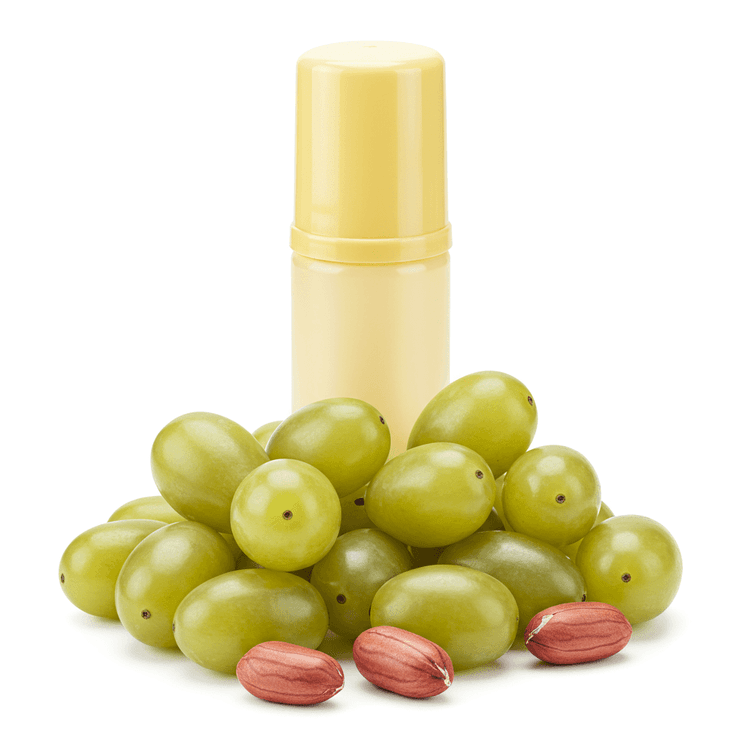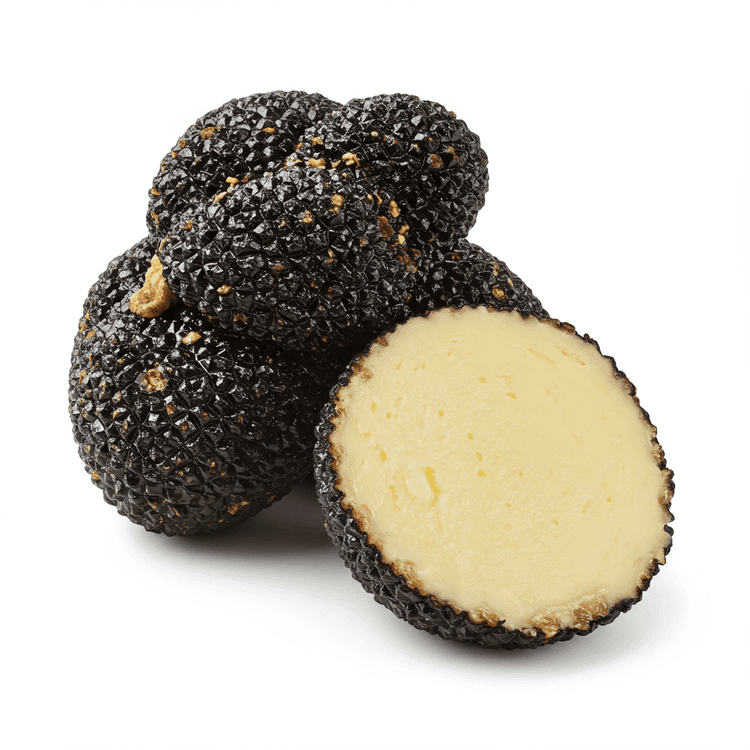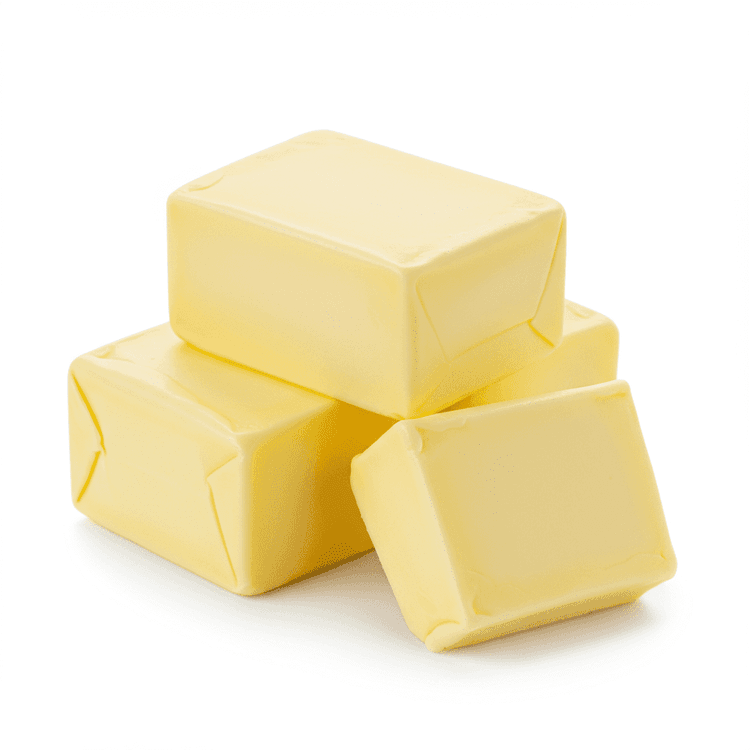
Butter
Butter is a solid dairy product made from churning fresh or fermented cream or milk, to separate the fat globules from the buttermilk. It has a rich, creamy flavor and a smooth, slightly firm texture that melts beautifully when heated. Good quality butter has a pale yellow to golden color, and contributes a luscious mouthfeel and flavor to a wide variety of dishes. When searching for the best butter for baking, consider cultured butter for its tangy flavor or European-style butter for its higher fat content.
Common Uses
- Use butter in baking to create tender and flavorful cakes, cookies, and pastries; the fat content contributes to a moist crumb and delicate texture in baked goods.
- Melt butter and drizzle over vegetables such as broccoli, asparagus, and carrots to add richness and enhance their natural flavors; browned butter adds a nutty depth.
- Spread butter on toast, bread, or muffins for a simple yet satisfying breakfast or snack; consider adding a sprinkle of sea salt for extra flavor.
- Sauté ingredients like garlic, onions, or herbs in butter to create a flavorful base for sauces, soups, and stews; the butter helps to meld the flavors together and adds richness.
- Make compound butter by blending softened butter with herbs, spices, or other flavorings (like garlic or sun-dried tomatoes) to top grilled meats, fish, or vegetables; the butter melts and infuses the dish with flavor.
- Use butter to create classic sauces like beurre blanc or hollandaise; these rich and emulsified sauces elevate dishes like eggs benedict or poached fish.
Nutrition (per serving)
Nutrition (per serving)
Calories
717.0kcal (35.85%)
Protein
0.8g (1.7%)
Carbs
0.1g (0.03%)
Sugars
0.1g (0.12%)
Healthy Fat
24.1g
Unhealthy Fat
53.7g
% Daily Value based on a 2000 calorie diet
Nutrition (per serving)
Calories
717.0kcal (35.85%)
Protein
0.8g (1.7%)
Carbs
0.1g (0.03%)
Sugars
0.1g (0.12%)
Healthy Fat
24.1g
Unhealthy Fat
53.7g
% Daily Value based on a 2000 calorie diet
Health Benefits
- Good source of fat-soluble vitamins A, D, E, and K, essential for various bodily functions.
- Contains butyrate, a short-chain fatty acid linked to improved gut health.
- Provides conjugated linoleic acid (CLA), which may support weight management and have anti-inflammatory properties.
- Offers healthy saturated fats that contribute to hormone production and cell membrane integrity.
- Source of energy to fuel the body and support physical activity.
Substitutes
Chefadora AI is here.
Experience smarter, stress-free cooking.
Storage Tips
Butter should be stored in the refrigerator to prevent it from spoiling. Keep it in its original packaging or an airtight container to protect it from absorbing odors from other foods. For longer storage, butter can be frozen for several months. Wrap it tightly in plastic wrap and then in aluminum foil to prevent freezer burn. When ready to use, thaw it slowly in the refrigerator.
Marnirni-apinthi Building, Lot Fourteen,
North Terrace, Adelaide, South Australia, 5000
Australia
